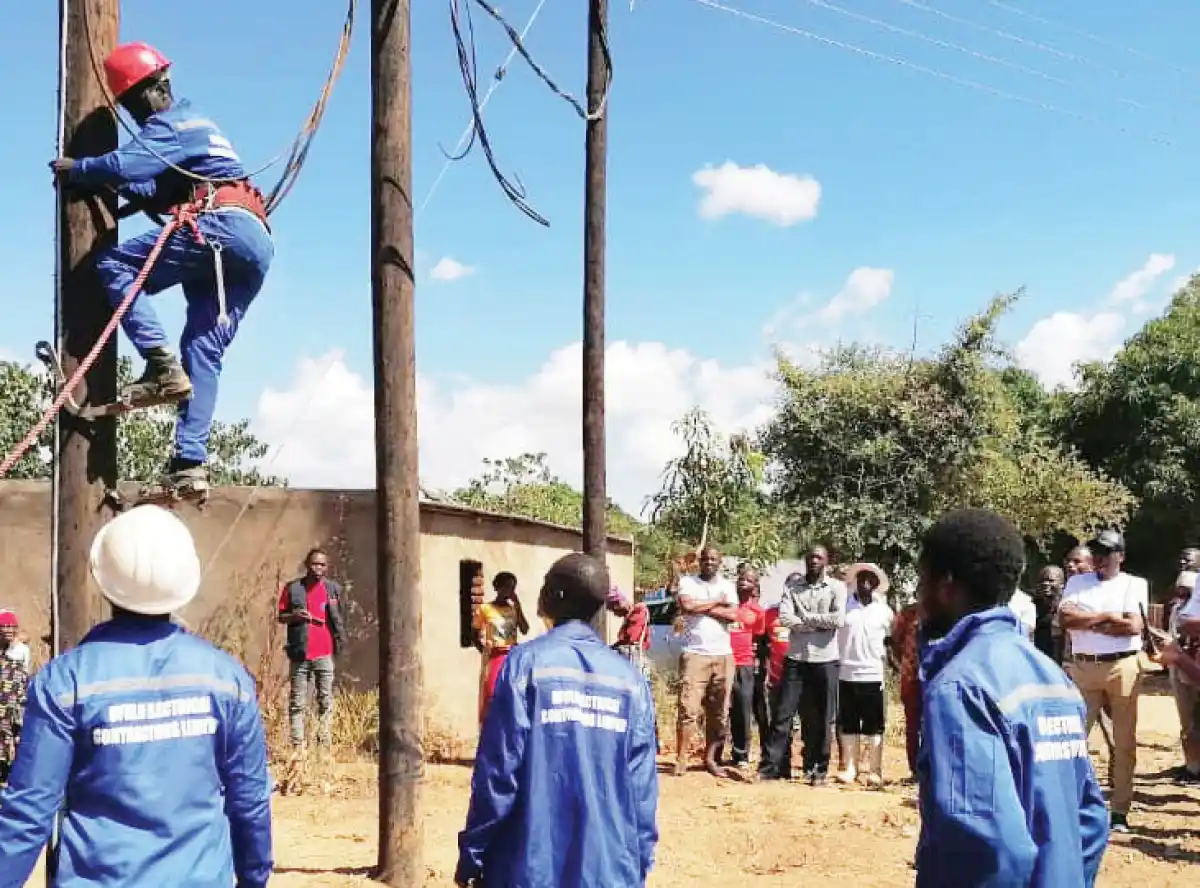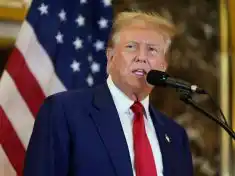
By Wezzie Gausi:
The World Bank has said Malawi will be part of a new energy access programme that will connect 250 million people in sub- Saharan Africa by 2030.
In Eastern and Southern Africa, the target is 150 million people, financed through the Accelerating Sustainable and Clean Energy Access Transformation (Ascent) Programme.
According to acting World Bank Country Representative Jacob Angel, accelerating energy access progress in the region is crucial not only to unlock gross domestic product growth but also to facilitate the provision of quality healthcare, education, and social programmes.
He said Malawi has been identified as a key country in the Ascent programme.
“Project preparation is underway, with the task team working closely with the Ministry of Energy, Mera [Malawi Energy Regulatory Authority], Escom [Electricity Supply Corporation of Malawi] and off-grid solar companies to identify opportunities and learn lessons from Meap [Malawi Energy Access Programme] for a more efficient and impactful project.
“Moreover, capacity building and technical assistance will be vital. By enhancing the skills and knowledge of local stakeholders, we can improve the implementation and management of energy projects,” Angel said.

Meanwhile, Energy Minister Ibrahim Matola has said one of the most pressing issues people face today is balancing the urgent need to expand energy access with the need to address climate change problems.
He said this challenge is particularly evident in Malawi, where low energy coverage persists.
“We must align our actions with global goals to reduce greenhouse gas emissions and transition to sustainable energy. At the same time, we recognise the environmental impact of traditional energy sources and the importance of fighting climate change.
“Despite this, coal power remains a significant part of Malawi’s energy solution. However, we need to explore coal solutions with low emissions to meet our energy needs while minimising environmental harm. Public-private partnerships and financial institutions are critical in addressing this paradox,” Matola said.
The World Bank will share the Ascent programme design in the second half of this year.
It will also get feedback from stakeholders.






0 Comments